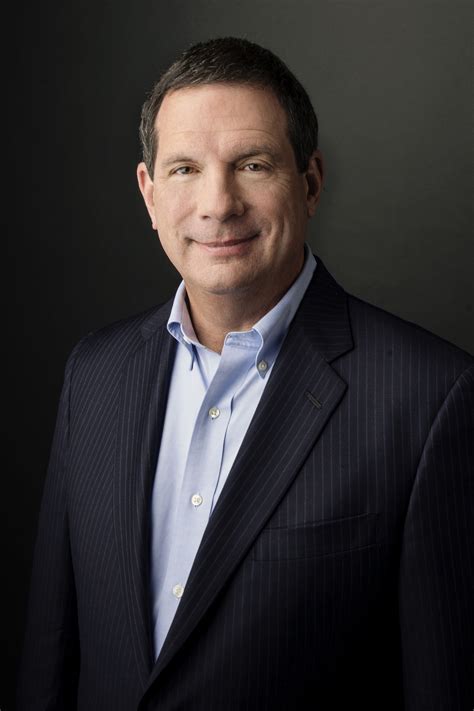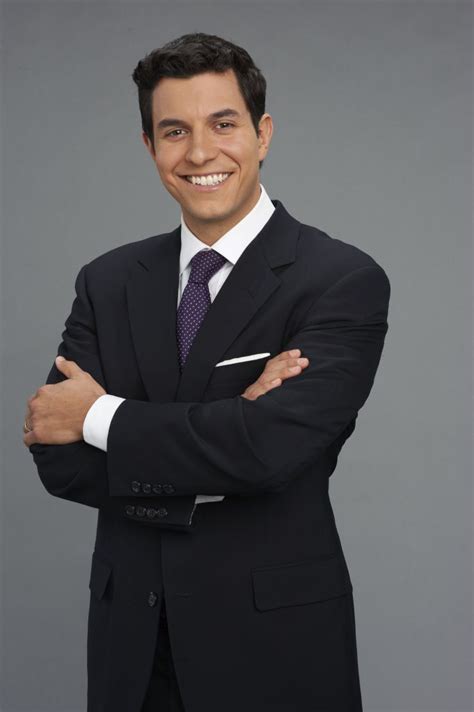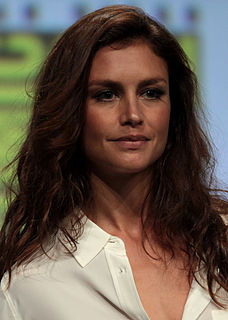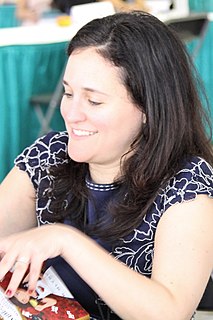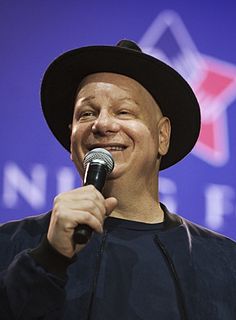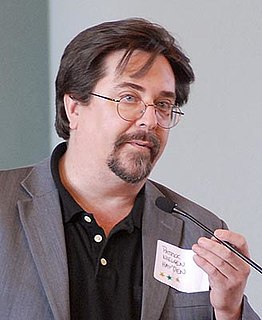A Quote by Thom S. Rainer
Introverts don't like small talk conversation, but they typically don't mind writing. The more people can "see" you on Facebook, Twitter, Google+, or a blog, the more they will feel like they know you, even though you don't have one-on-one interaction with them.
Related Quotes
The emphasis is on community, on participating in more and more programs and events, on meeting more and more people. It’s a constant tension for many introverts that they’re not living that out. And in a religious world, there’s more at stake when you feel that tension. It doesn’t feel like ‘I’m not doing as well as I’d like.’ It feels like ‘God isn’t pleased with me.’
Breakthrough ideas look crazy, nuts. It’s hard to think this way — I see it in other people’s body language, and I can feel it in my own, where I sometimes feel like I don’t even care if it’s going to work, I can’t take more change. O.K., Google, O.K., Twitter—but Airbnb? People staying in each other’s houses without there being a lot of axe murders?
I like Twitter more than Facebook. Twitter is a great way to deliver and get news. In news writing less is more and 140 characters is great. If you can't grab that headline in 140 characters than it's not a story. Viewers tweet all the time and they tell what stories they like and don't like. It's great to interact with them and get that instant feedback. It's great for the viewer and the journalist.
Introverts, in contrast, may have strong social skills and enjoy parties and business meetings, but after a while wish they were home in their pajamas. They prefer to devote their social energies to close friends, colleagues, and family. They listen more than they talk, think before they speak, and often feel as if they express themselves better in writing than in conversation. They tend to dislike conflict. Many have a horror of small talk, but enjoy deep discussions.
Facebook, when it began, like Google, was very resistant to advertising. They knew, like all - Mark Zuckerberg, like all good engineers, knew that advertising makes the product worse. But, you know, over time, they've been forced to increase the advertising load more and more and more. And the way they advertise is they - it's subtle but they know everything, you know, about everybody on the site.
Twitter was an alternative community for me. A different kind of community. I knew I was making people angry. But it didn't matter, they weren't my community. But the longer I was on Twitter and the more I came to know these people, to like and respect them, the more I could see the empathy and grief and sorrow they were expressing.
With everybody having a Facebook and a Twitter, I feel like regular people consider themselves stars. It's a live, real-time upload of every time we buy a pair of socks, the most telling sign that we're losing our politeness. When you know everything about somebody, you can talk to them any way you please.
